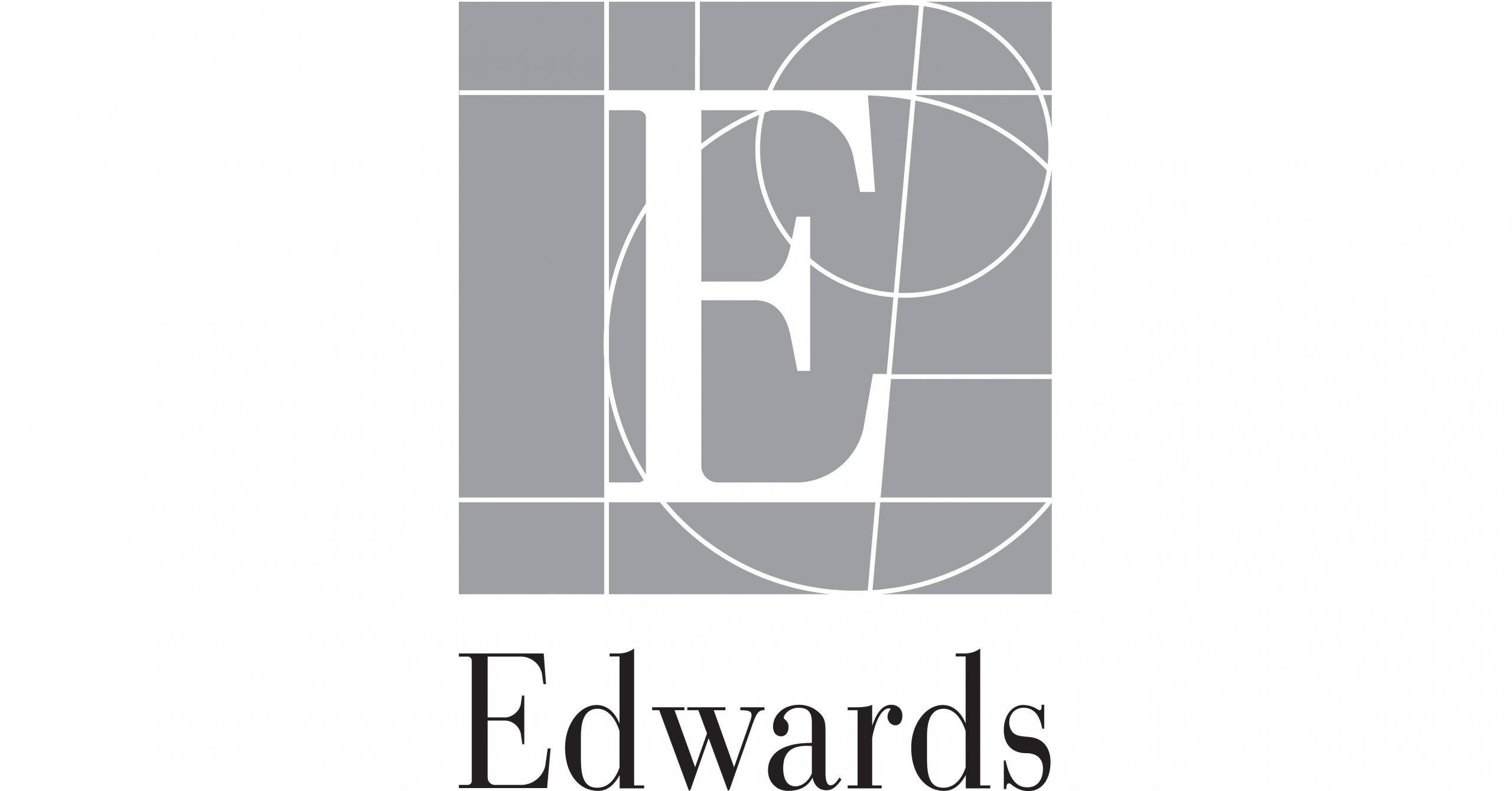Lack of data affecting real estate sector –Purple CEO

[ad_1]
The Chief Executive Officer, Purple Real Estate Income Plc, Olaide Agboola, speaks to JOSEPHINE OGUNDEJI on the challenges and prospects of the Nigerian real estate market
How do you think the retail end of the real estate sector can be developed post-recession?
Post-recession, retail has emerged as a valuable strategic tool for economic growth, creating more jobs and generating revenue. Several trends are progressing in the retail market, one of which is an innovation driven by technology.
Nigeria is the second most developed market in Africa after South Africa and is the second largest consumer market on the continent. The country’s emerging consumer class has an appetite for experiential shopping experiences that provide value for money. There is also an enormous opportunity to invest in social and enabling environments that help Nigerians to live seamlessly, work, shop, play, and consume.
Our experiential offer allows us to combine real estate and technology to increase growth and profitability. As fintech products become increasingly integrated into different retail offerings, we are developing inclusive technology to further our customer base and support their lifestyle.
There are compelling development opportunities in Nigeria’s retail markets and beyond Lagos, we have identified investment opportunities in strategic urban and cultural centres- Abuja, Ibadan, and Benin, as vibrant cities with rising industries and populations that need economic inclusion, growth, and physical security.
What was the journey like transiting from real estate to lifestyle?
We founded Purple in 2014 to provide a modern world-class lifestyle experience to mainland Lagos and the growing demographic of culturally engaged Nigerians with an aspirational take on how they eat, work and play.
The transition from a real estate to a lifestyle brand was motivated by a desire to provide affordable lifestyle experiences to customers of all income levels. We are integrating retail, arts, entertainment, media and advertisement, concept bars and diners and e-commerce through superior mixed-use centres and services with PurpleMaryland and our ongoing development at PurpleLekki.
Our success is also a testament to our country’s growth story and the increasing purchasing power of Nigerians at home and abroad.
Over the years, Nigeria has experienced an increase in the size of its expatriate community, the number of Nigerians from the diaspora coming home to relocate or holiday, and the rate of high net-worth individuals with an appetite for state-of-the-art residential developments.
Responding to an underserved market, Purple Maryland Mall began operations in 2016. Within the first six months of opening, the mall attracted 1 million visitors and let out 90 per cent of its properties.
Today, the mall’s tenants include an eclectic mix of local and international brands – providing customers with essentials such as banking and finance, groceries, food, pharmaceutical goods, affordable fashion and more. Purple brings together household names such as Stanbic IBTC Bank, Krispy Kreme, Genesis Cinemas and beyond to create a comprehensive offering that matches various consumers’ needs.
Over the years, we have leveraged our market knowledge, expertise, and network to attract, invest, and secure strong returns. We are proud to be backed by prominent investors and have recorded significant growth with current total assets above ₦26.4bn in FY2021.
We are committed to expanding our portfolio using a progressive strategy that responds to the growing demand for all-inclusive living and domestic retail through our mixed-use developments.
How has the current economic meltdown affected the occupancy rate of Purple Maryland and Purple Lekki?
It has been challenging. Prices fluctuate daily and barely decline; we have seen the costs of our projects rise significantly, but we have managed to order long-lead items and hedge our positions as much as possible.
Effective contingency planning, foresight, marketing and a focus on collaborating with local investors and communities have helped shield our business from the headwinds of forex issues, positioning us to profit. In this regard, we have benefited from acquiring and developing dollar-pegged assets.
Purple leads with active portfolio management and implements defensive strategies to develop new and increasingly critical products and services. Our approach to operations turns challenges such as the global economy’s uncertainty or instability into growth opportunities.
What challenges are real estate developers currently facing?
The lack of development of the housing market affects the growth of the real estate sector in Nigeria. Many people are unable to purchase a home or property due to a lack of available data and lenders’ unwillingness to lend. As a result, more data is needed to understand the abundance of opportunities.
Our industry also requires more policies to increase investment. We can boost access to space for individuals and unlock potential among underserved businesses through partnerships between the government, local and international investors, and developers on policies by improving the ease of doing business.
Since our businesses must navigate the undersupply of power and upgrade unpaved roads to paved standards, our country’s infrastructure deficit has been a consistent development priority for real estate developers, adding to the complexity and cost of projects.
Purple and other real estate investment platforms will continue to take on risk, allowing more commercial investors to partner with us, as we focus on bringing high-impact real estate and property development projects to the market.
What are the concerns of real estate investors?
Securitisation is a priority for real estate investors, and the market requires more structures such as REICOs to be successful and commonplace. These structures create opportunities for investors and developers by providing regulated avenues for investors to invest in real estate.
More forward-thinking initiatives for capacity building and capital partnerships among ministries, urban planners, property developers, financial institutions, the development finance community, and impact investors will contribute immensely to the country’s infrastructure development. We need more long-term investors in our industry.
Purple’s initial public offering (IPO) is a progressive step that highlights how the real estate industry can raise capital if enabling policies and regulations that support new capital market products or structures are developed. In addition, technical and financial assistance needs to be provided to develop adequate and well-functioning market infrastructure and thought leadership on various capital market topics is provided through research, knowledge-sharing, and capacity-building initiatives with relevant market stakeholders.
How can develop affordable houses for low-income earners?
The Covid-19 pandemic changed how we live and work. Lockdown measures underscored the value of hybrid-use properties and all-inclusive living. This informs how we now design, develop, and manage spaces. We see a growing opportunity in low-income and affordable housing, facilitating access to homeownership to greater numbers of communities in Nigeria. For example, in 2011, the World Bank found that only 2 per cent of Nigerian households had an outstanding loan from a formal financial institution to purchase a home, and in 2015, only 5 per cent of the 13.7 million housing units in Nigeria were financed using mortgages. This needs to change for the immediate and long-term growth of the market. Single women, young families, and professionals are a few of the many segments of society currently not catered for.
We must create new systems that democratise access to real estate ownership for as many Nigerians as possible. We are seeing new models entering the market through proptech solutions designed for citizens with lower incomes. Some of these innovations harness the rise of technology and property management platforms. These developments have the potential to spur investment in cutting-edge technologies that enable smarter cities and enhance access to property ownership, propelling the real estate market to new heights.
We want to build a Nigeria where everybody can access home ownership by democratising access. Hence, our IPO and partnership with the Bank of Industry and Keystone Bank to expand our offering. We are exploring partnerships with domestic and international development partners to bring more attractive yet inclusive and affordable properties to the market. Inequality is rising, and we want to continue to thrive by increasing access to property ownership. We want to be the partner that levels the playing field.
The global real estate technology market size is estimated at $11.7bn in 2022 and is projected to grow at a compound annual growth rate of 12.5 per cent to reach $23.79bn by 2027. How feasible is this?
Technology is gaining traction in several industries, and Nigeria’s digital transformation has helped reach a vast, chronically underserved population. In Nigeria, digital financial services increased financial inclusion from 21.6% in 2010 to 64.1% in 2020, signalling how the rise of technology can influence a sector.
With the increased mobile and internet connectivity in Nigeria, we can onboard more people onto our proptech proposition.
The global property technology (prop-tech) industry is growing rapidly and is projected to reach a market size of $23.7bn by 2027.
The value of investments in the global prop-tech industry was expected to grow by an average of 5.2 per cent to exceed $85trn over the next 20 years (2022-2050).
Globally, there are more than 6,000 prop-tech start-ups, and statistics reported that global proptech investment increased from $2bn in 2013 to $18bn in 2018.
Proptech start-ups raised $18.7bn across 598 deals between 2017 and 2019, with the number of proptech transactions increasing by 33 per cent from 187 in 2017 to 250 in 2019. In Q1 2022, VCs recorded $1bn invested in prop-tech, which is a 41 per cent jump from Q4 2021.
There are over 70 active proptech startups in Nigeria alone, according to an August 2021 proptech Nigeria survey. There is more work to be done. That is where we come in. We need to convene and build our industry to realise the potential of proptech.
Since the official takeoff of Real Estate Investment Trusts in Nigeria 15 years ago, do you think REITs made the same impact as it has done in other countries?
Historically, investors could only invest in real estate by purchasing already-built houses or building one from the ground up. Over the years, alternative investment models emerged in the sector. Many of these options were primarily designed to facilitate real estate investment without necessarily pouring a large sum of money into a property acquisition. This approach introduced REITs.
Since the introduction of REITs into the Nigerian real estate ecosystem 15 years ago, REITs have recorded only a considerable amount of impact, unlike in other countries.
The primary shortcomings such as structural inadequacies, government policies, fraud and tax-related issues have hindered the development of REITs in the economy.
[ad_2]
Source link







